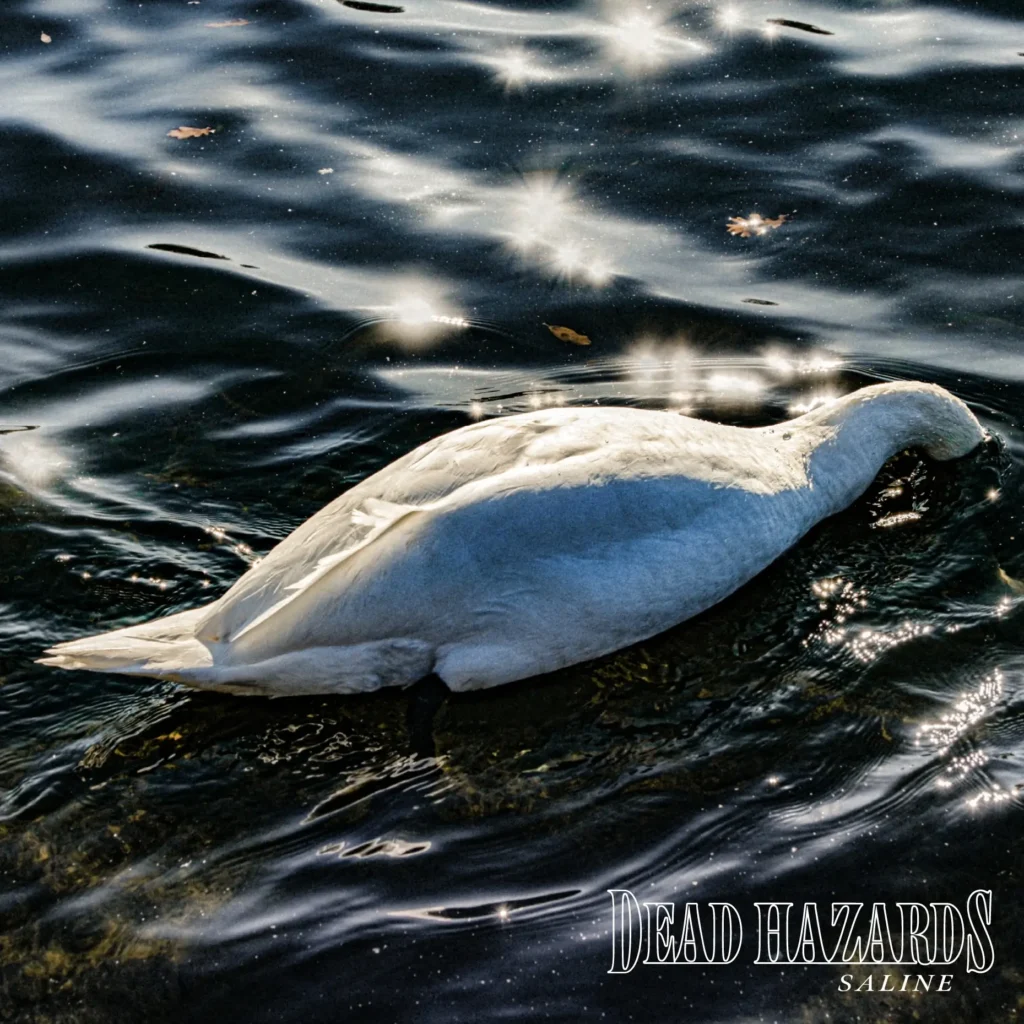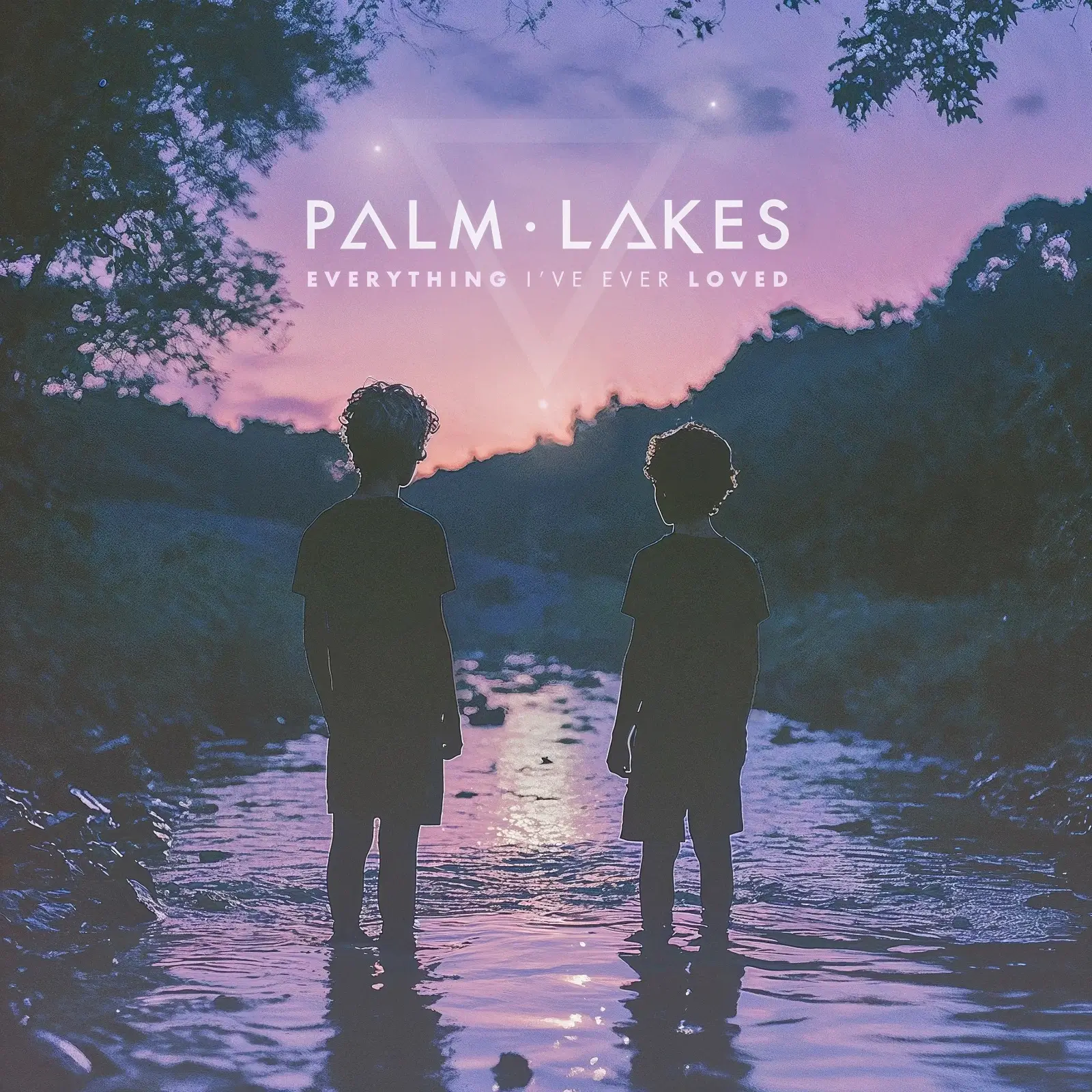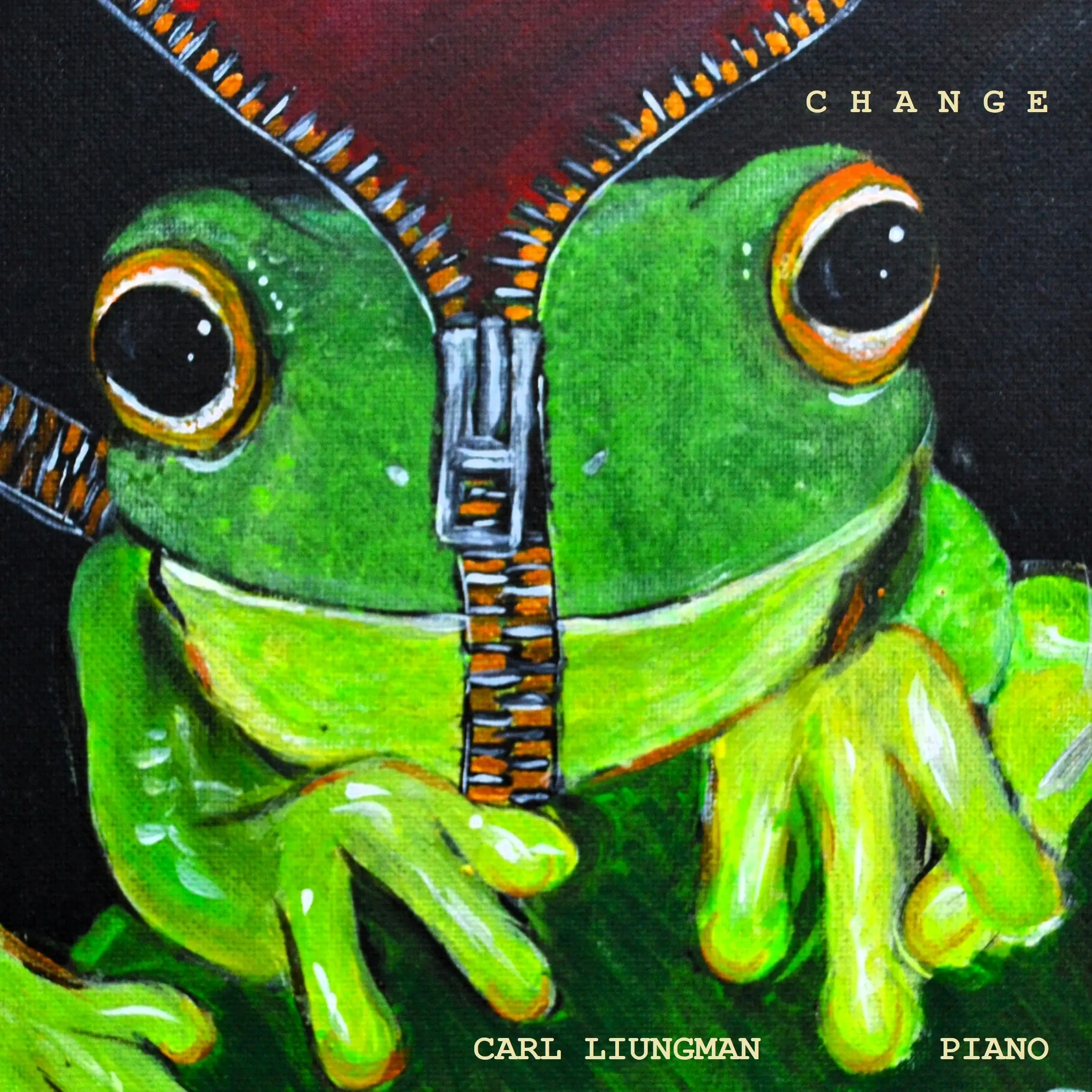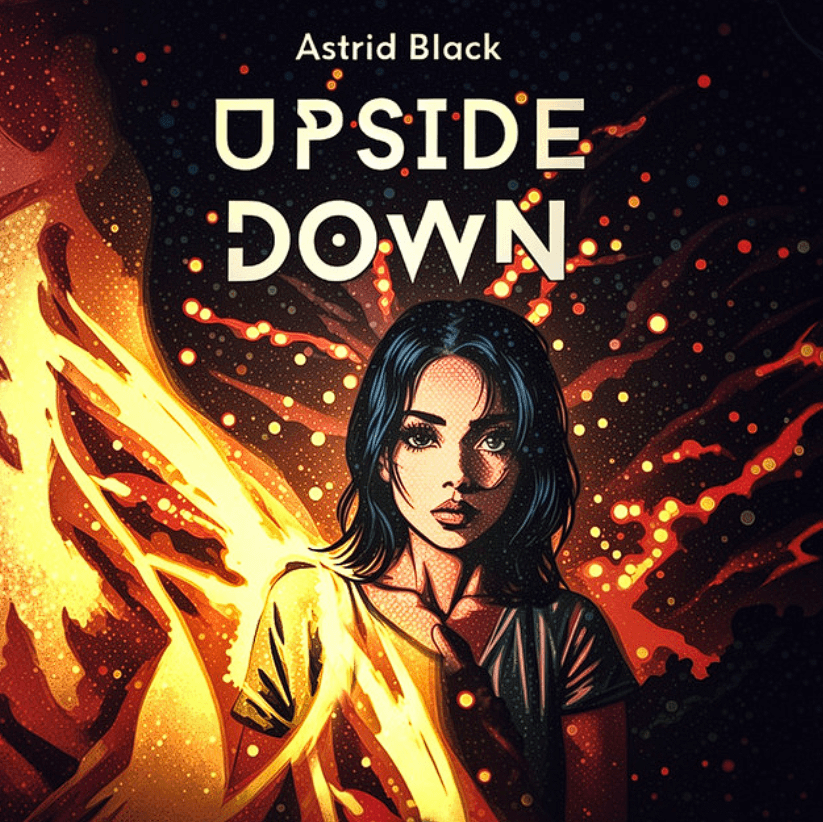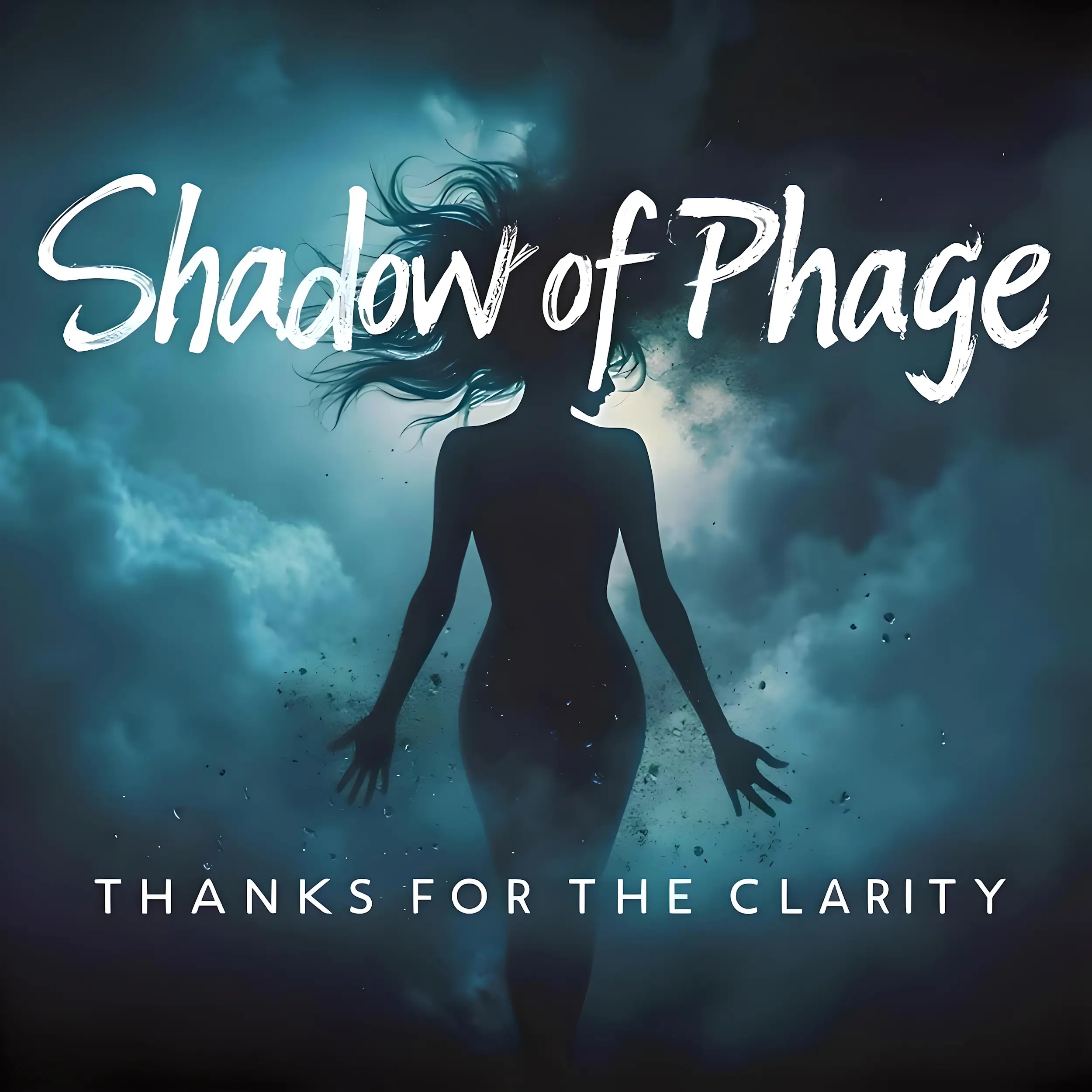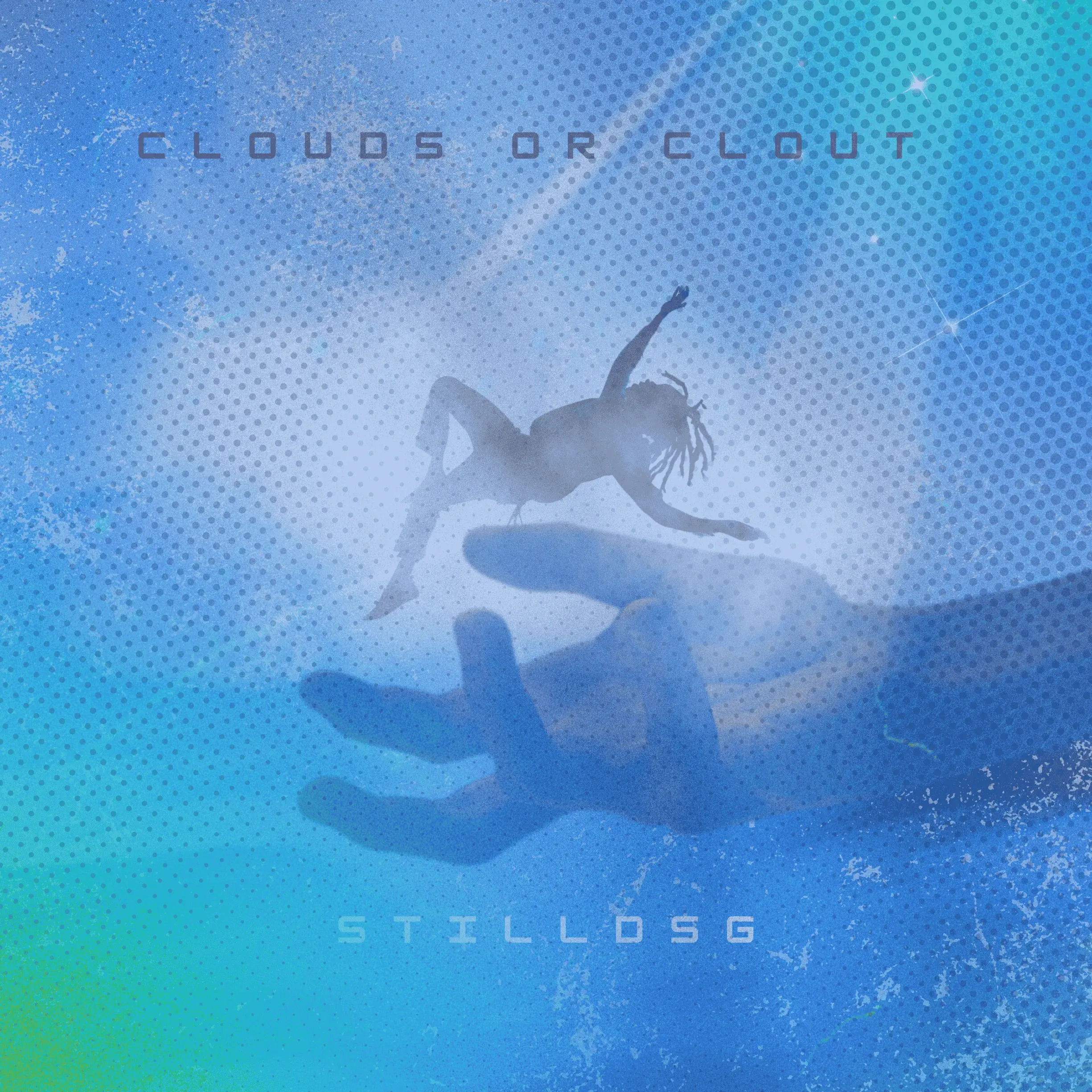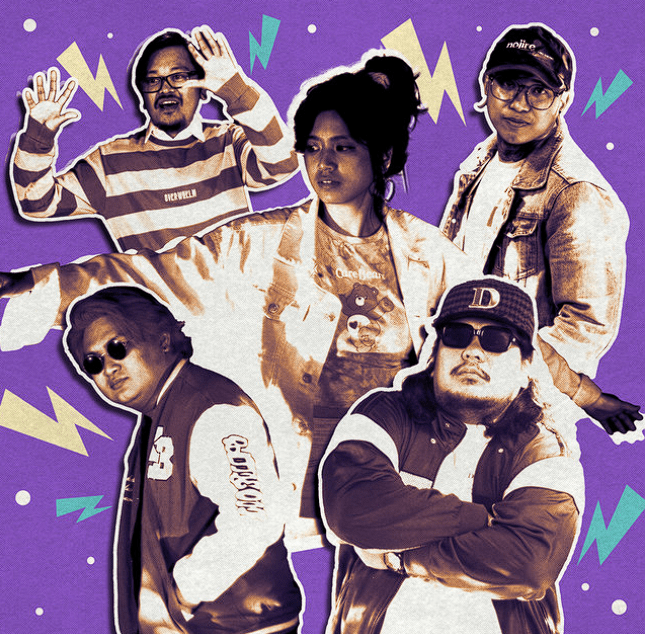Some albums ease you in, like a warm bath. Saline is not one of those albums. Saline is the equivalent of being dragged into the ocean by some primordial horror, held under until your lungs burn, and then being thrown back onto the shore, gasping, confused, and somehow wanting to do it again.
This debut album from Dead Hazards is a monolithic, deeply unsettling experience, fusing thunderous post-metal, heavy grunge, and eerie folk textures into something that doesn’t feel like it was recorded, but rather unearthed. This album sounds haunted. Not in a fun, spooky skeletons way, but in a ‘there is something watching you from the dark corner of your room and you should not turn around’ way.
From the opening track, Rerouting, Dead Hazards makes it painfully clear that they are not interested in playing by the rules. The song lurches forward with distorted screeches and what might be a Zippo lighter being flicked into every riff to light them ablaze, before collapsing into a riff so thick and sludgy it sounds like it was recorded inside an abandoned industrial site. It’s grimy. It’s raw. And it’s weirdly beautiful.
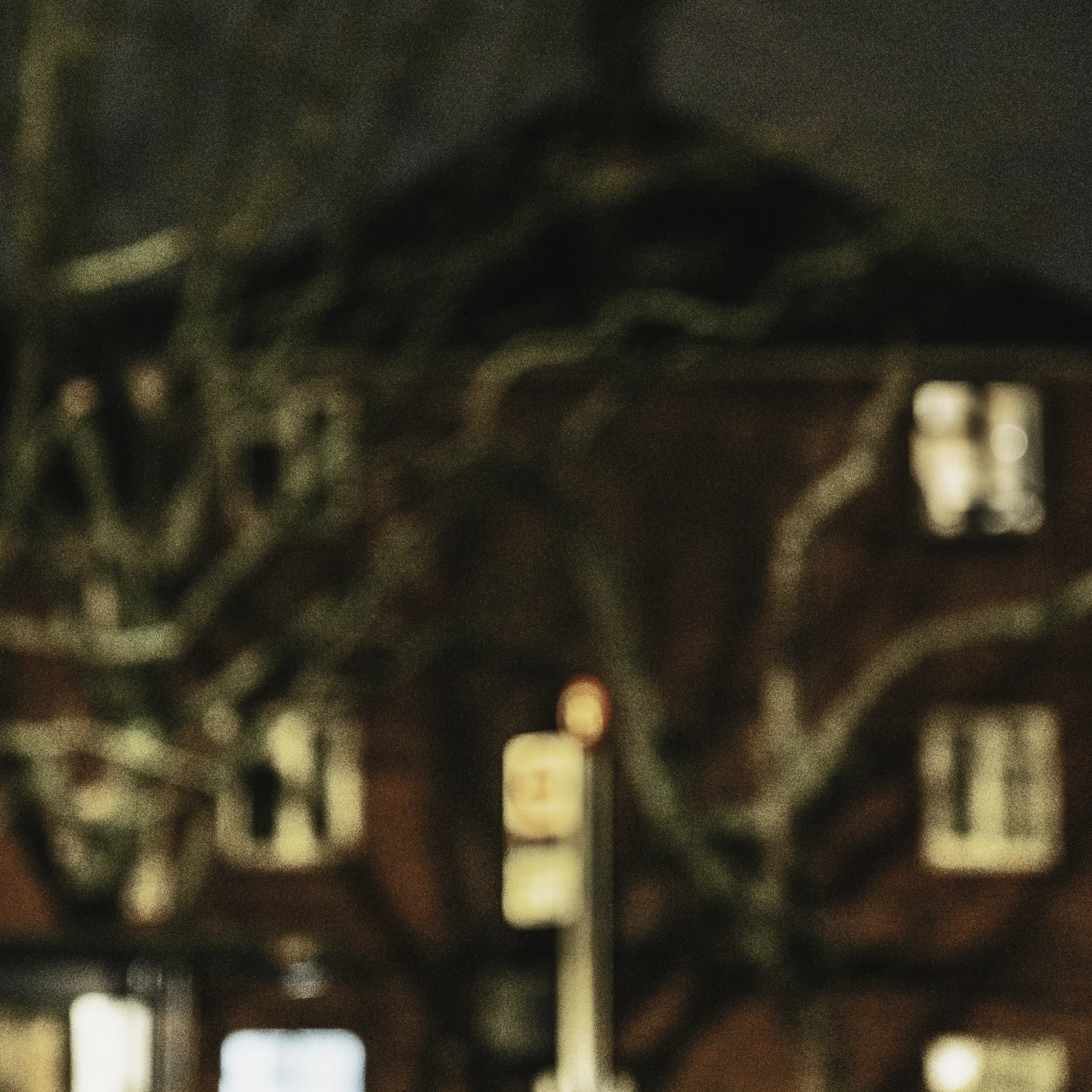
Tracks like “Took A Loan” and “Who’s Invited” don’t just get heavy. They loom. They build toward weight, layering eerie, atmospheric unease before finally punching you in the face with distortion. And it’s deliberate. This isn’t just a band throwing fuzz pedals at the wall and calling it post-metal. No, this is intentional suffering.
Then there’s the Swans influence I personally noticed. Crippling Faith drones on like a slow-burning existential crisis, layering sound upon sound until you forget how the song even started. But unlike Swans, who occasionally seem to hate their audience (and if you’re a fan of the band, you’d understand that this is not an insult at all), Dead Hazards throws in just enough variation to keep you on your toes. Listening to this album feels like stepping into a dimly lit room and realizing too late that the floor is missing.
There’s also the production, which is downright meticulously raw. Every element; from the cavernous, reverb-soaked drums to the layers of decaying guitar, they all feel carefully crafted to balance grit with grandeur. This is not a clean album, but that’s the point. It’s an album that demands to be heard loud, preferably on speakers that can’t quite handle the low end.
And let’s talk about the grunge. Oh, there’s grunge. But not the kind that plays nice. This is the filthy, dripping-with-distortion, “found buried in a basement after 30 years” kind of grunge. Think early Soundgarden, Bleach-era Nirvana, or the downright ugly tones of Tad and Melvins. Rerouting, Hauling Back and the closer, Excess have guitars so thick and grimy they feel less like instruments and more like malfunctioning industrial machinery. The vocals? They swing between pained, sludgy drawls and guttural howls that would make acts like Isis and Cult of Luna proud.
And yet, somehow, Saline doesn’t feel like a collage of influences. Too many bands attempting this “post-metal meets grunge” aesthetic just ends up sounding like a Spotify algorithm threw some albums into a blender. But Dead Hazards? They own this sound. The folk and jazz elements aren’t just there for flavor, they breathe within the oppressive weight, making the album feel like some kind of ancient, long-lost relic from a timeline where the ’90s underground scene just kept getting darker instead of selling out.
So, if you wish someone took grunge’s raw, ugly power and smashed it into post-metal’s crushing weight, then Saline is the album you need in your life. It’s abrasive. It’s hypnotic. It’s ugly in all the best ways.
Saline absolutely refuses to be ignored. It won’t let you.
Follow Dead Hazards
About the Author

A tenured media critic known working as a ghost writer, freelance critic for various publications around the world, the former lead writer of review blogspace Atop The Treehouse and content creator for Manila Bulletin.

